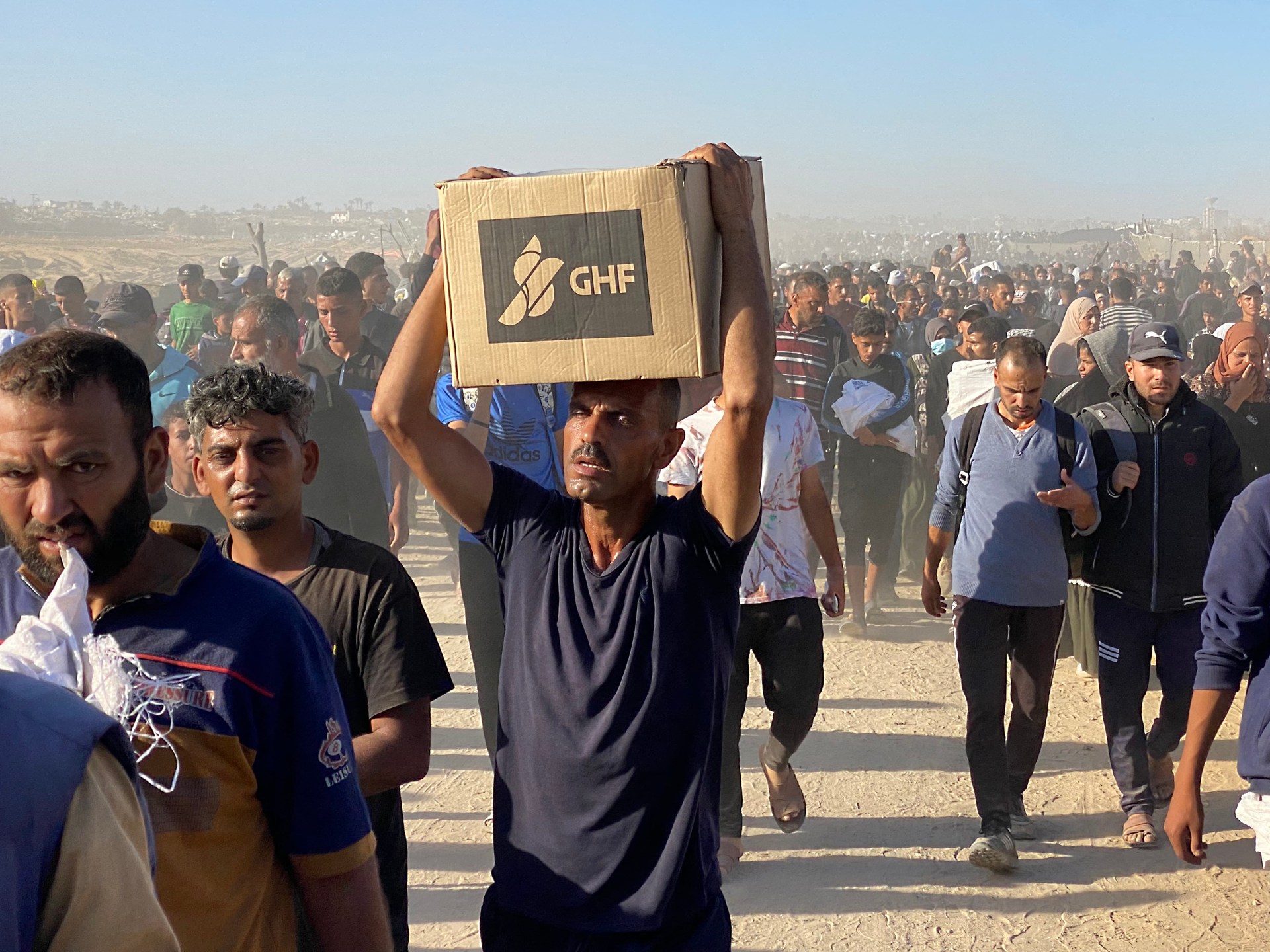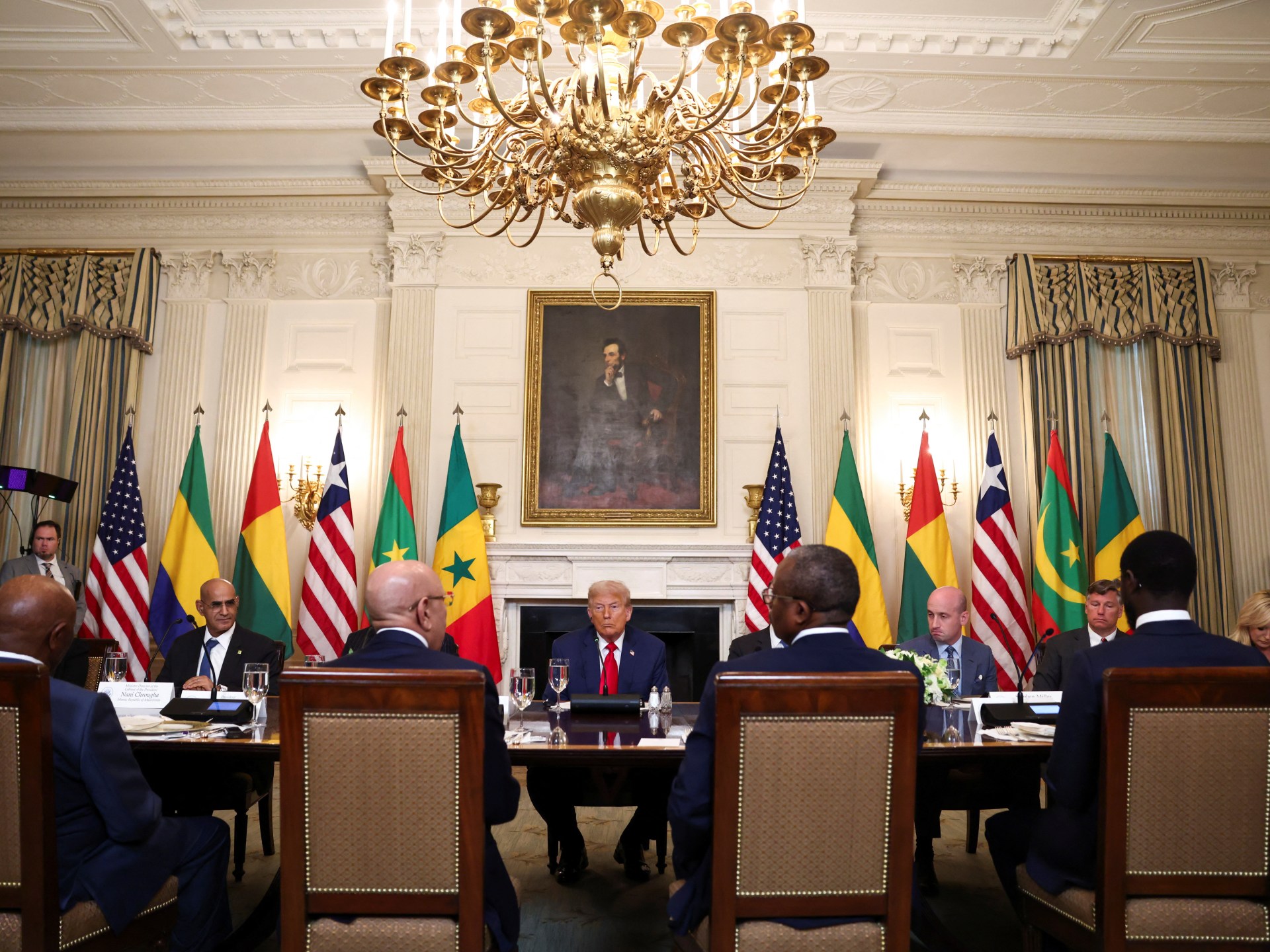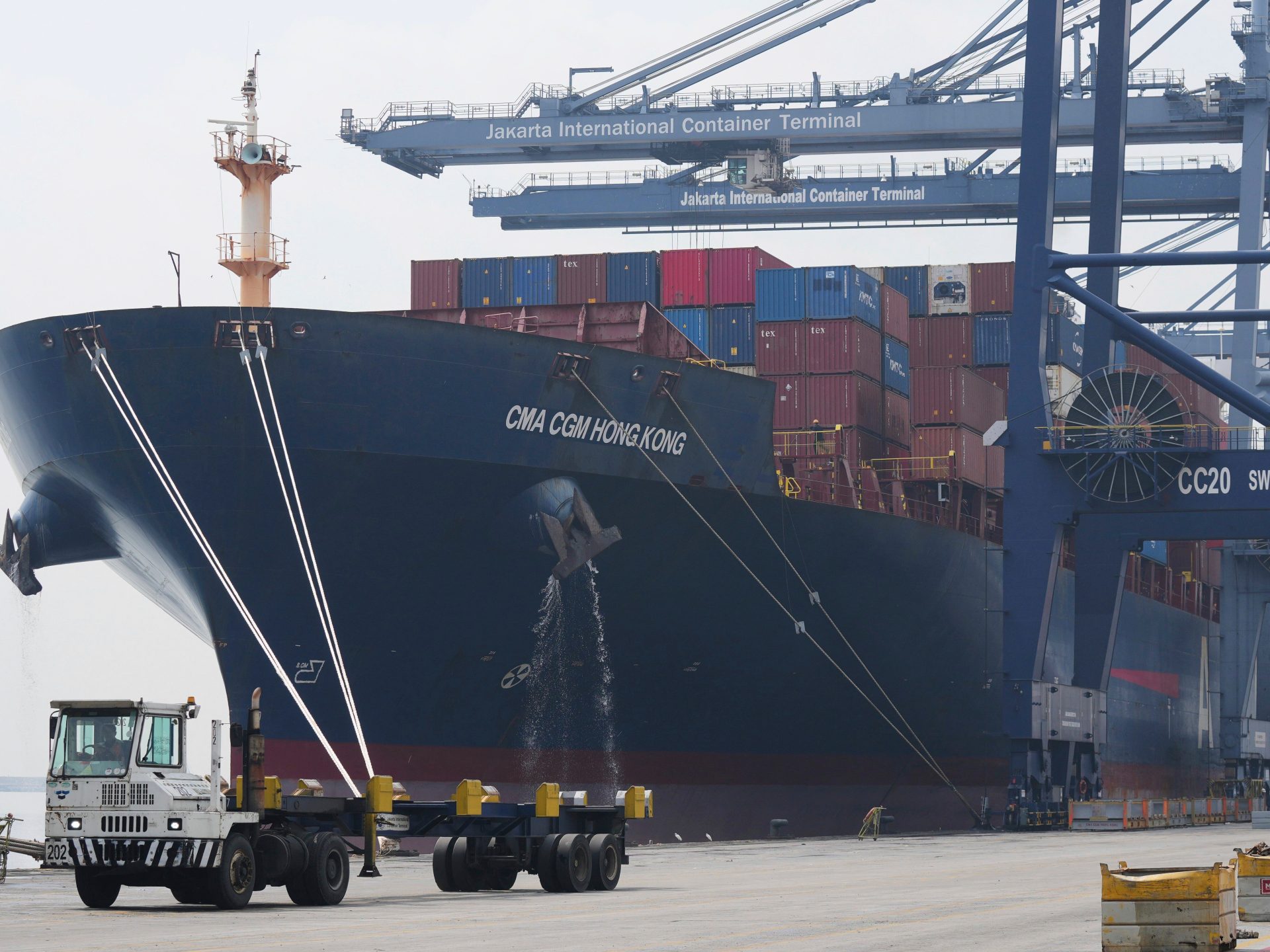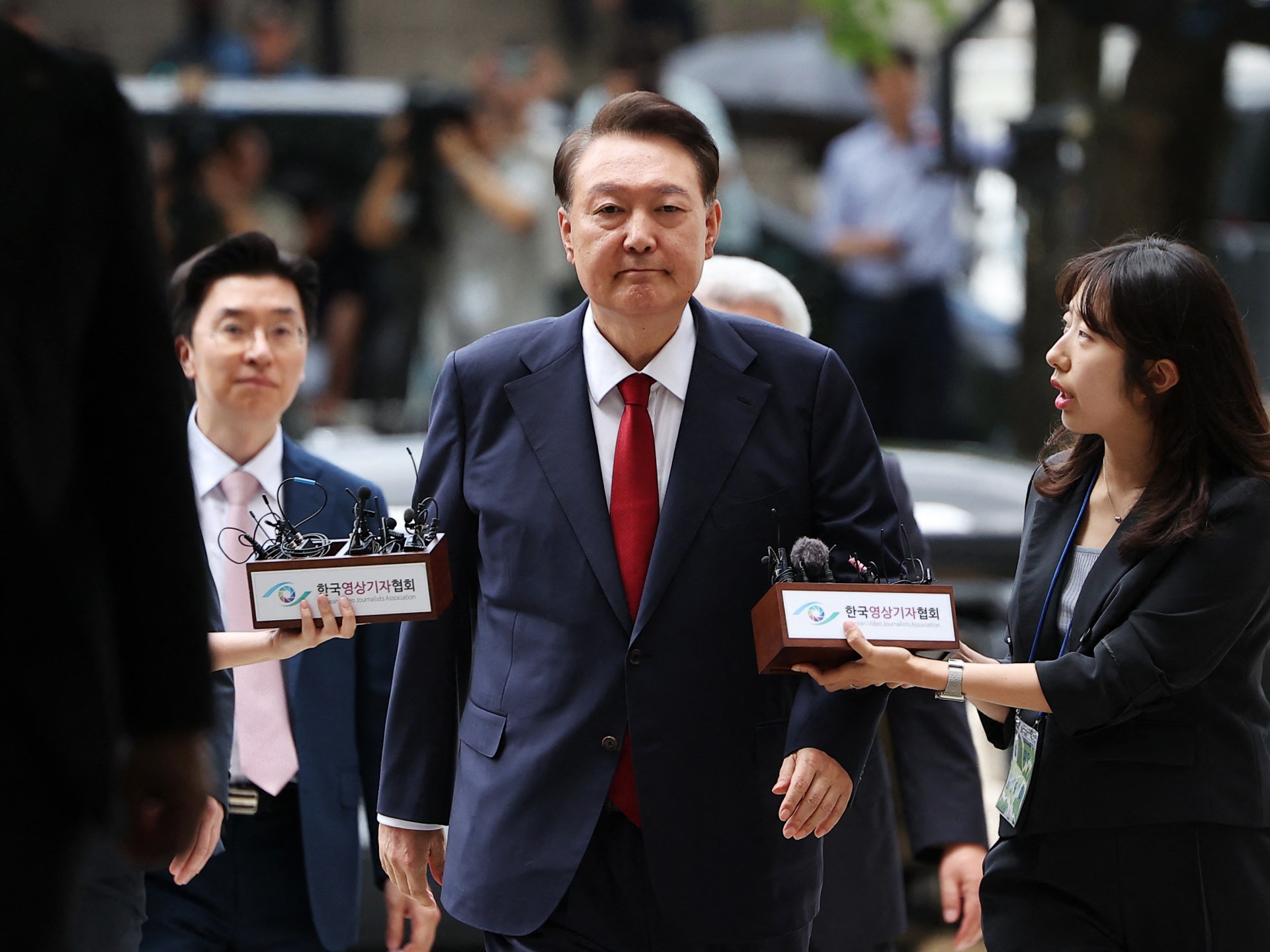A senior US official waived nine anti-fraud and counterterrorism safeguards to accept a $30 million award last month to a contentious Gaza aid organization supported by the Trump administration and Israel, according to an internal memo.
Despite the fact that the GHF funding plan failed to meet the “minimum technical or budgetary standards,” the former Department of Government Efficiency (DOGE) associate Jeremy Lewin approved the award.
Kenneth Jackson, a former DOGE agent and acting deputy US Agency for International Development (USAID), sent the June 24 action memo to Lewin. The pair has managed the organization’s merger into the State Department and its dissolution.
According to two people with knowledge of the situation, Lewin overruled 58 objections USAID staff experts wanted GHF to address in its application before the funds were granted.
According to the “action memorandum” containing his signature on June 24, Lewin, who oversees the State Department’s foreign aid program, received the funds only five days after GHF submitted its proposal on June 19.
In an email sent to USAID leaders on June 25th, Lewin urged the organization to “ASAP” to distribute the funds. “Strong Admin support for this one.”
Lewin and Jackson haven’t made any comments yet. Despite the group’s lack of experience and the killing of hundreds of Palestinians close to its Gaza aid distribution centers, the documents highlight the priority the Trump administration has given GHF.
GHF, which works in close cooperation with the Israeli military, claims that the violence took place outside of its operations area.
Lewin and Secretary of State Marco Rubio’s office, as well as President Donald Trump’s negotiator for Gaza, were able to discuss the funds in the email.
He acknowledged that granting the funds would be contentious, saying, “I’m taking the bullet on this one.”
“Inhumane and deadly,” in other words.
Requests for comment were not addressed to the White House. According to the Reuters news agency, Witkoff and Rubio did not respond to a question about whether they had any knowledge of or supported the decision to renounce the safeguards.
The State Department claimed in a statement that the $30 million was approved under a legal provision that allows USAID to make “emergency awards as quickly as possible” in response to “emergency needs.
The statement read, “The GHF award is still subject to strict oversight, including of GHF’s finances and operations.” GHF was subject to new reporting and control requirements as part of the award.
A GHF spokesperson responded to a request for comment by saying that “our model is specifically designed to prevent waste, fraud, and abuse.” Every dollar we spend is protected in order to ensure that all resources, including those from the American taxpayer, reach Gaza’s citizens. The spokesperson continued, noting that these clarification requests from the US government regarding fund applications were frequent.
The spokesperson stated that “we are addressing each question in accordance with regulations and standard procedure and will continue to do so as required” when referring to the nine conditions that were waived.
At least 743 Palestinians have died and more than 4, 891 others have been injured while visiting GHF aid sites, according to Gaza’s health ministry.
In light of numerous rumor reports that its contractors and Israeli forces have opened fire on aid seekers, the GHF, which started operating in the bombarded Palestinian enclave in late May, has received a lot of negative feedback.
Leading human rights and humanitarian organizations have demanded the GHF’s immediate closure, accusing it of forcing “two million people into overcrowded, militarised zones where they face daily gunfire and mass casualties.”
The UN claims that the organization’s operations are “inhumane and deadly militarised scheme,” while Amnesty International has previously described its operations as “a humanitarian model that goes against humanitarian principles.
Despite the risks involved, Palestinians under bombardment in Gaza and the threat of a famine are left with no choice but to turn to the GHF for assistance.





